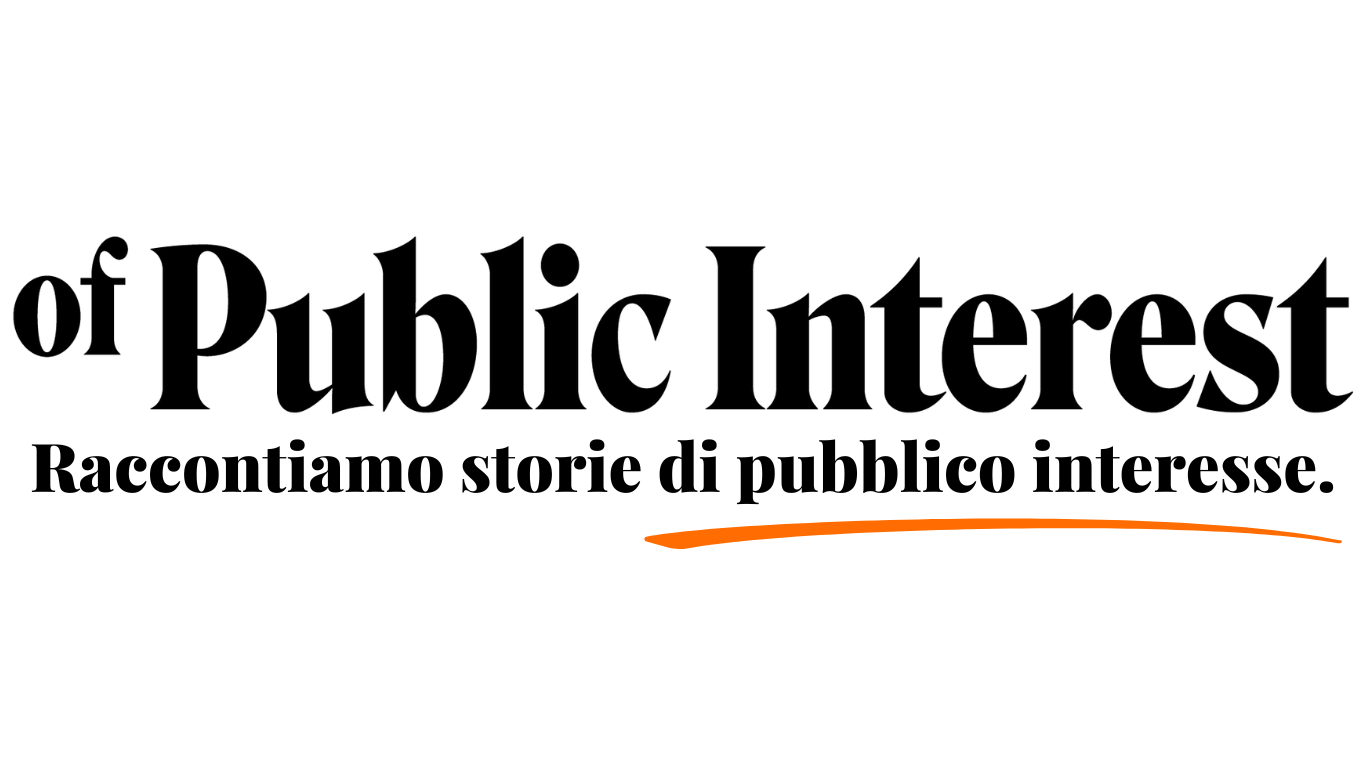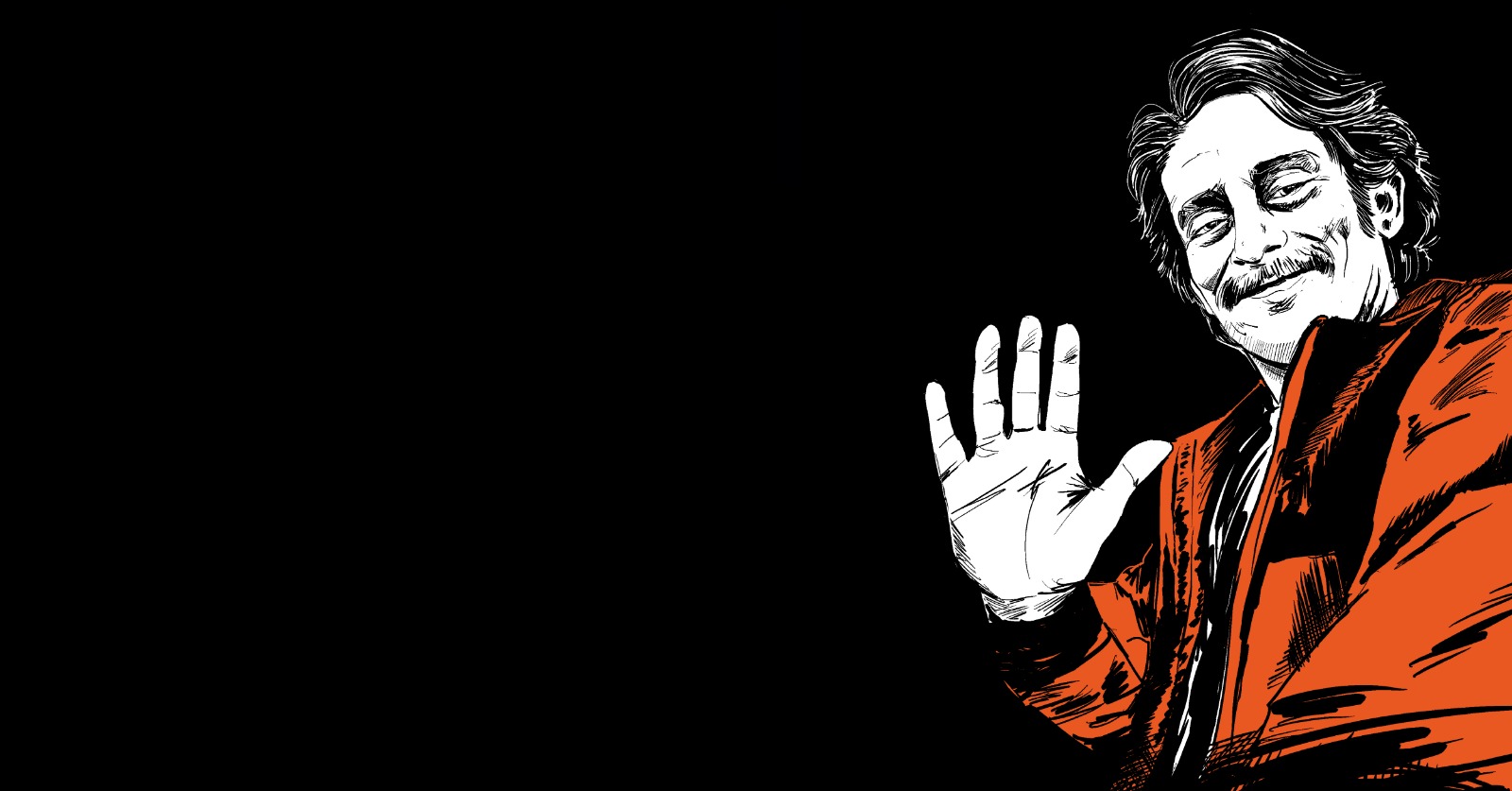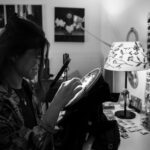Surviving one’s child is against nature. My dad often tells me, with a firm voice, as if there were no alternatives. He often tells me that the love for one’s children is not easily contained.
Looking at Anna and Pino I can’t believe their faces are so serene. They woke up that morning, had their coffee, made the bed, hung some clothes, rested but not too much.In the afternoon, they’ll have to talk about him again, as they have been doing continuously for three years. How do we define them? There’s “orphan,” there’s “widower.” But what name do we give to parents who lose a child?
I keep on thinking that during the presentation of the documentary about Mario, during the NaNo Film Festival. It’s there that I first meet them, along with Valerio and Salvatore, and as I watch them, something strange happens: it feels like I’m witnessing a family gathering to which I wasn’t invited, yet somehow, I am welcome. It’s an ironic and warm family. I try, but I can’t even remotely imagine how grief walks alongside them, gracefully taking a step back.
The room is almost empty. Anna and Pino’s heads in front of me a few rows down, dark shadows isolated in a sea of blue seats. They are intermittently illuminated by the lights from the screen where the documentary about their son is being projected. The documentary portrays him as someone who danced boldly towards life. I wonder if Anna and Pino feel this way: sitting close, their heads held high like their son’s, but with heavy hearts. Sitting close, but perhaps a little lonely among so many empty seats, too many. Those filled with the same faces that now revolve around the story. I wonder how they manage to bear the constant spreading of memories of their son.
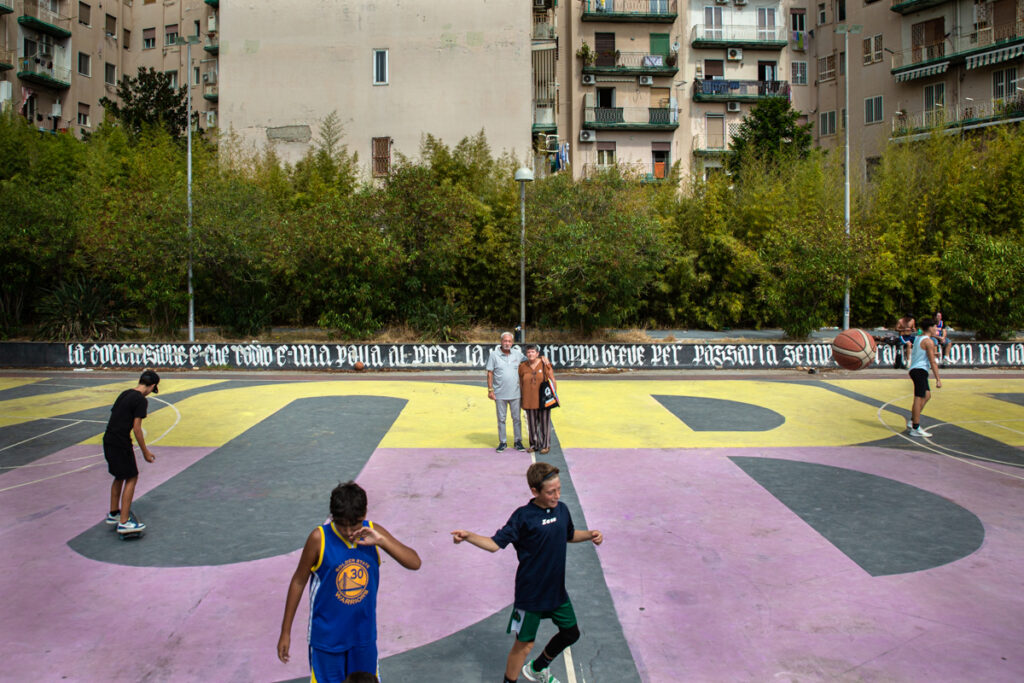
Mario Paciolla died on July 15, 2020, in San Vicente del Caguán, where he worked as a UN observer for the agreement between the Colombian government and the FARC. He was an activist, volunteer, journalist, poet, and was only 33 years old. As I write, the most widely accepted hypothesis is still that of suicide, according to which they want to archive the case. Yet everyone who knew him states without a shadow of a doubt the same thing: Mario resembled life itself.
No clarity has been made about his death. His parents accompanied by many people and initiatives in the city are fighting to discover the truth.
I watch the documentary “Like Fire” by Salvatore de Chiara, born from an idea by Valerio Bruner and Alessandro Liccardo, and I realize that the whole city of Naples had been talking about him for a while. I’ve been distracted: too many things pass in front of our eyes and escape our awareness.
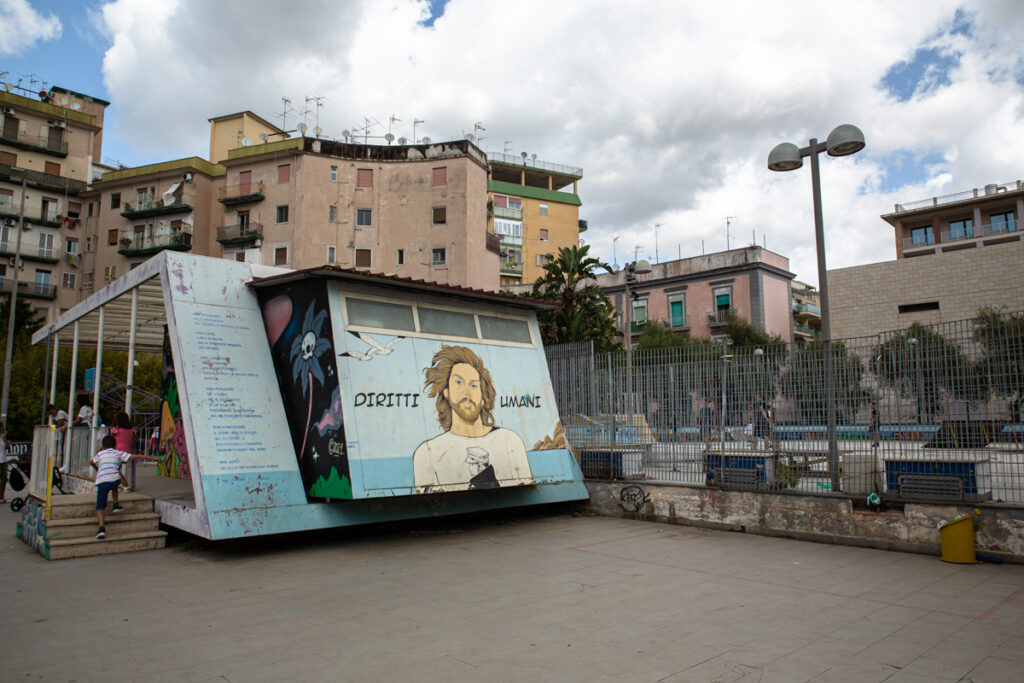
I think about Jorit’s mural at Vittorini High School, the one at Kobe Park in Montedonzelli, and the kiosk dedicated to him on Via Pietro Castellino, thanks to the initiative “Liberi Edizioni” by the Free Assange Napoli association. I think about the Justice for Mario Paciolla committee that was formed immediately the day after his death, which, together with his parents, continues to tirelessly spread his story. I think about the lecture hall that university students from Link Orientale named after him, young people who didn’t stop in the face of his death, emphasizing how this is not just a story of justice or sorrow but one capable of stirring consciences.
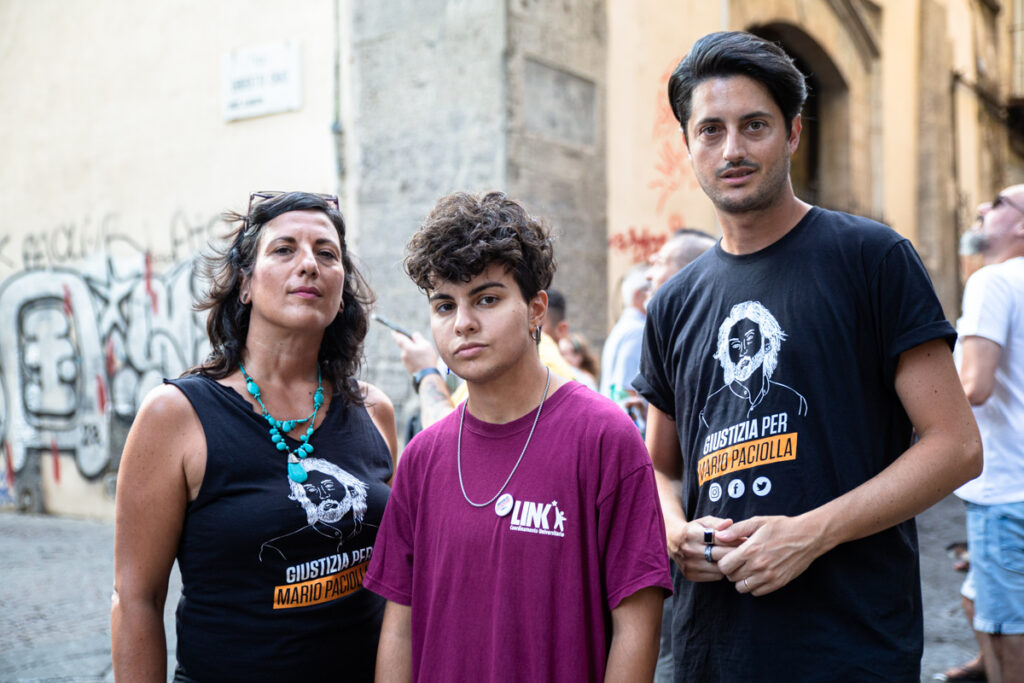
From the documentary, it’s as if Mario’s soul has been shared like bread, his memory entrusted to the many hands of those who knew him or, like me, are still learning his story.
The first voice I listen to is that of Valerio Bruner. He wrote a song for him, it’s called “semp ‘cca” that in neapolitan means “always here” and it’s an anthem that calls for justice and truth to come out into the open. He tells me that ‘our story,’ the one that demands the truth in the face of great powers, is worth nothing. Even worse if you come from the Global South. He tells me that all we can do is keep the attention high. Even if years pass in the meantime, everything changes, and nothing transforms.
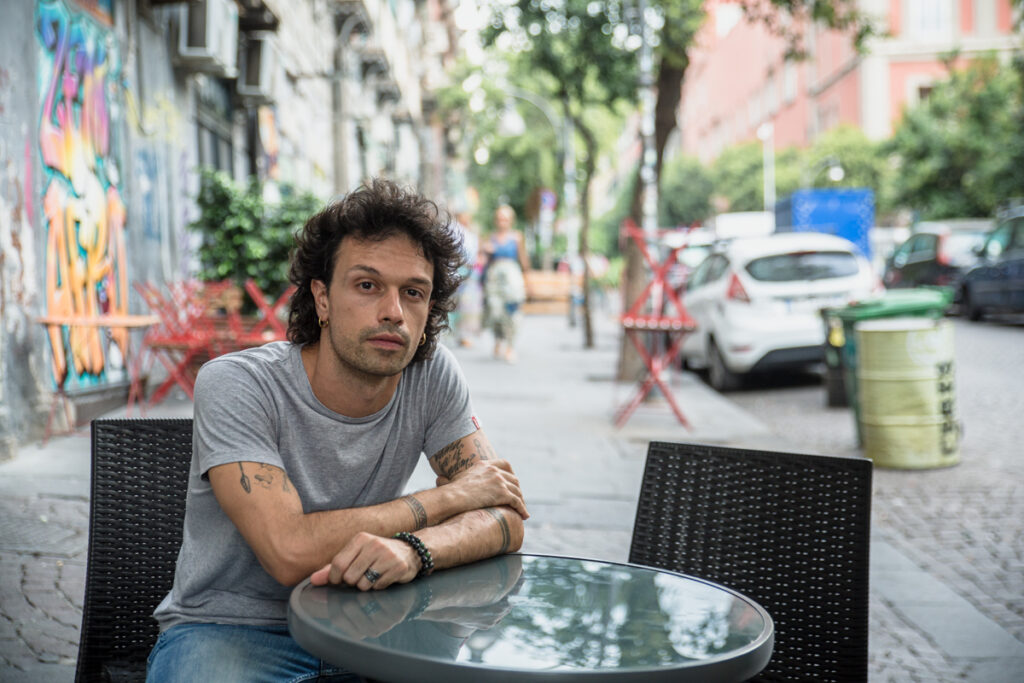
I see the photos of Mario, and I wonder if I ever brushed past him on the streets of Naples; he looks like someone I might have been infatuated with. While I watch the documentary it feels like I know him.
It was supposed to be a human-scale documentary with gritty, chaotic shots, just like the story it’s telling, as Salvatore explains me. Mario’s story is not meant to be scary; it should be as simple as leaving the café after a coffee and catching the bus back home, and that coffee comes back up your throat because the bus hits too many bumps, because the streets of Naples are always ‘broken.’ Mario’s story is just a true story.
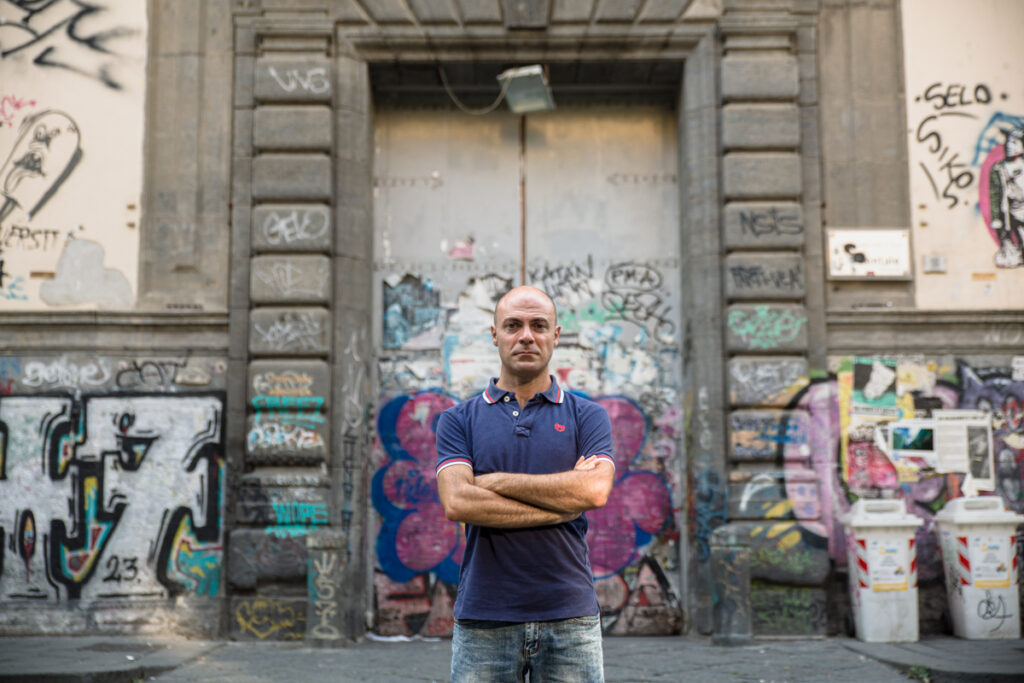
It’s the story of a child, a friend, a son. He must have cried, he must have had his first kiss, he must have made love, he must have experienced sleepless nights, he must have felt the excitement of the first written word, a broken heart, the first cigarette, the first sip of coffee.
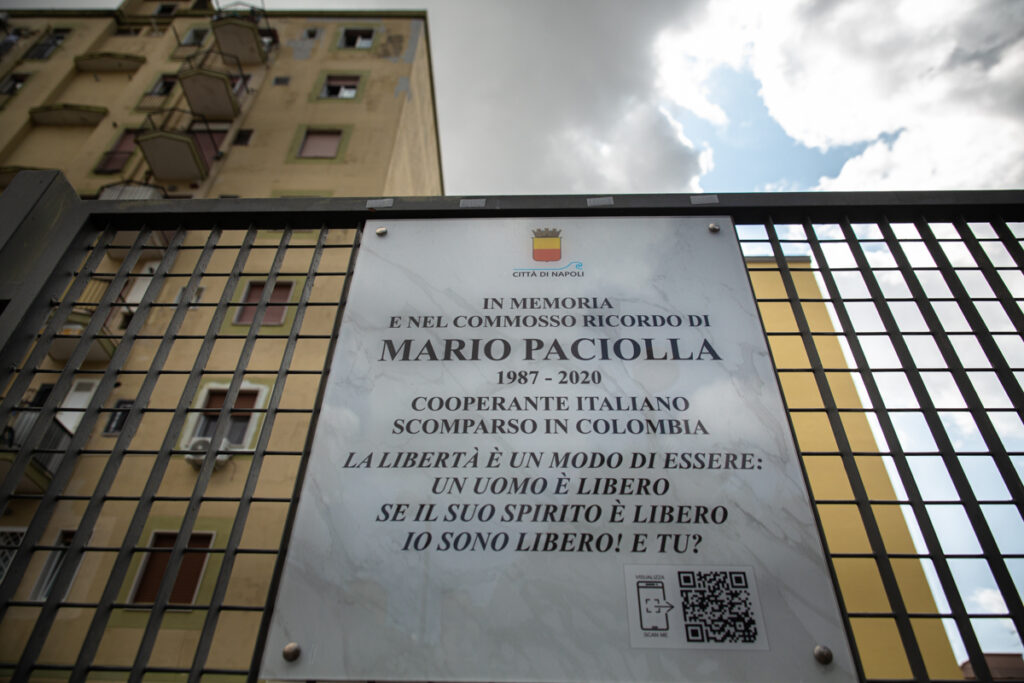
“The documentary emphasizes how important it is to make people understand that Mario was not a hero but a young person of our time who wanted to make his intelligence, empathy, and knowledge available for certain causes.”
That’s what Anna, Mario’s mother, tells me. We meet at Kobe Park in Montedonzelli, and to welcoming me is the beautiful portrait of Mario painted by Luca Carnevale. We sit right there in the shade next to the wall, with the basketball court behind us. I feel that for both of us, the sound of shoes running to mark the opponent and score in the second half evokes sweet memories. She’s a mother with a slightly tired face, carrying both pain and proud anger, and she hasn’t forgotten to smile. We talk clearly about the trial and what was discussed at the NaNo Film Festival conference.
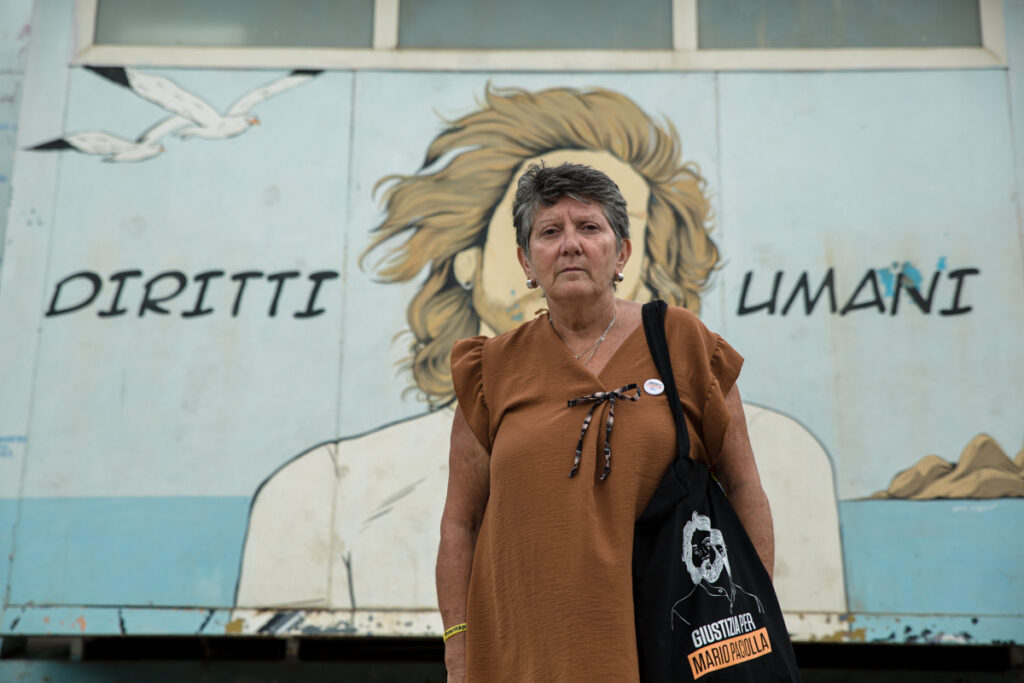
“They want to close the case, but we won’t stop. Our pain is indescribable, chronic, but these should not be isolated cases: even today, there are young people who set out with the will to change things, and they must be able to come back. The state should protect them, and our job is to fight for this to happen.”
And she continues saying “I’ve been told it was a slip-up. My son is not a slip-up, and I will keep saying it as long as I have a voice. I know he wouldn’t have wanted all this attention, but it’s the same attention he would have (and has) given to those who have suffered injustice. And for what we are doing for him, I feel forgiven.”
I came across the Universal Declaration of Human Rights, a foundational document of the United Nations, whose ethical code holds paramount historical significance. It was the first to universally establish the inalienable rights of humans and protect their dignity. It’s a text that transcends every international legislation and, at the same time, is encompassed within each one.
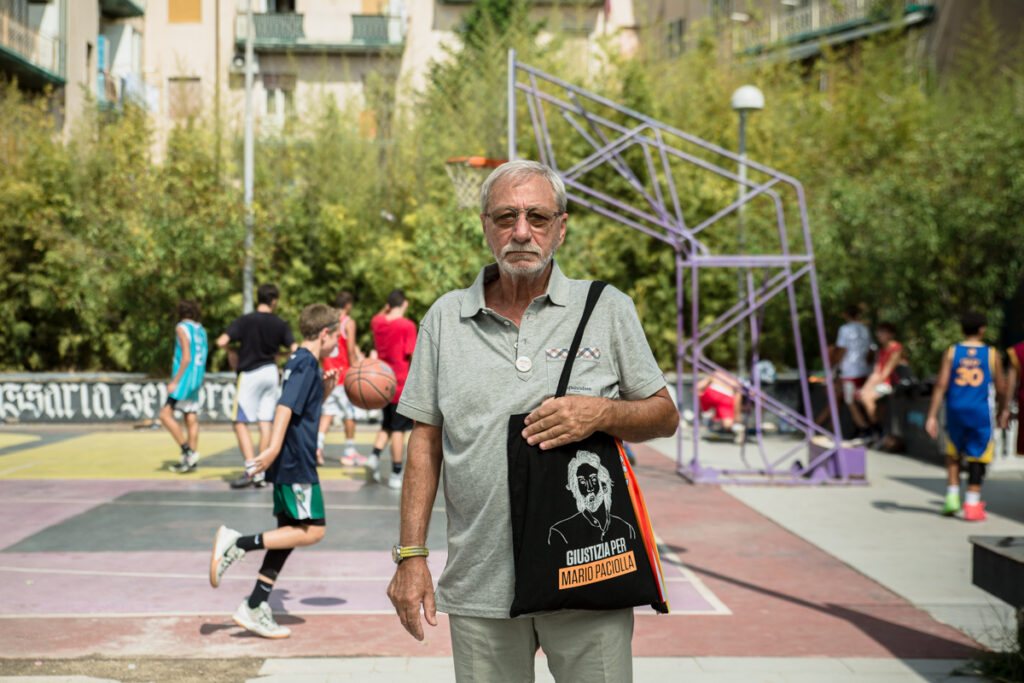
Article 3: Every individual has the right to life, liberty, and security of person
Article 5: No one shall be subjected to torture or to cruel, inhuman, or degrading treatment or punishment.
Article 19: Everyone has the right to freedom of thought and expression, including the right not to be harassed for their opinions and the right to seek, receive, and impart information and ideas through any media and regardless of frontiers.
Since I came across Mario’s story, I’ve been obsessively thinking about the concept of pettiness: Valerio told me that for him, being petty is to see and remain still. And it makes me smile how, even though we are blindly immersed in a world where everyone knows, what happened to Mario is something we are not privileged to know.
I wonder, then, not to be petty. Let’s not give in to the fear of not being able to change things; justice and truth concern us all.
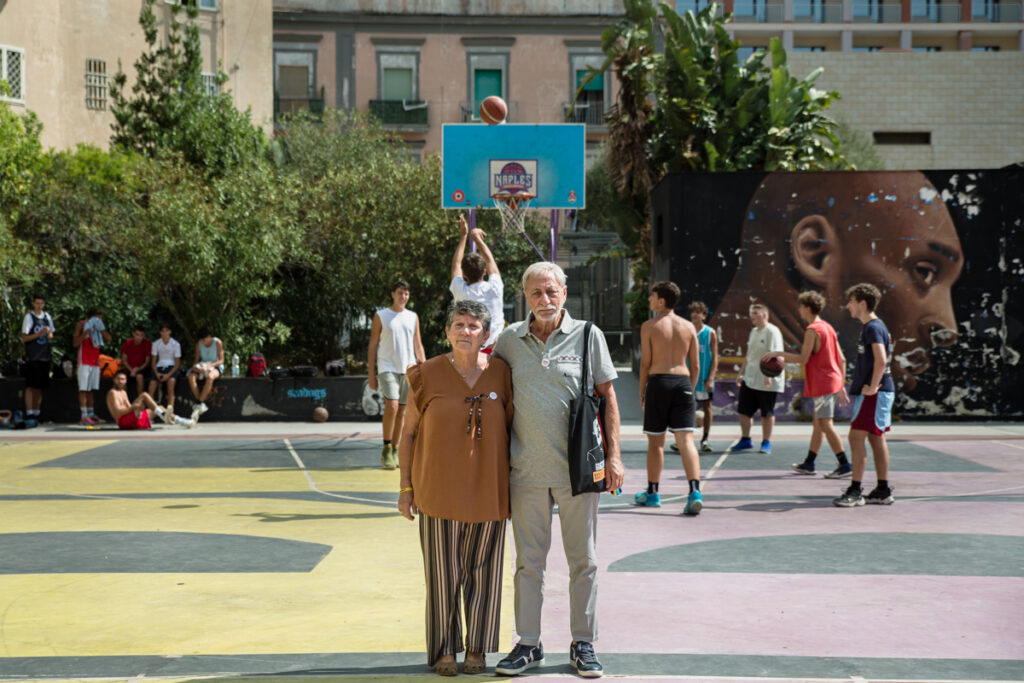
On October 19, 2022, the public prosecutors in Rome requested the case to be closed, leaving in the shadows a set of data that strongly contradicts the hypothesis of suicide. Lawyers Emanuela Motta and Alessandra Ballerini requested a hearing with the judge on May 16, 2023. Currently, credible answers from the judge are awaited.
To contribute with information, you can visit the following page
https://leaks.marioveritas.org/#/
The story of Mario Paciolla is still not widely known both nationally and internationally. Anyone who spreads it supports the search for truth and justice for Mario, as well as for many other cases that have been closed
